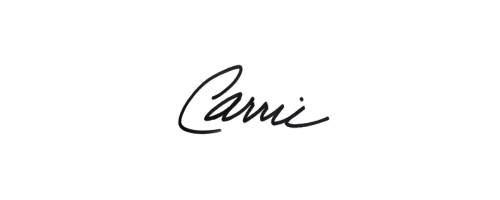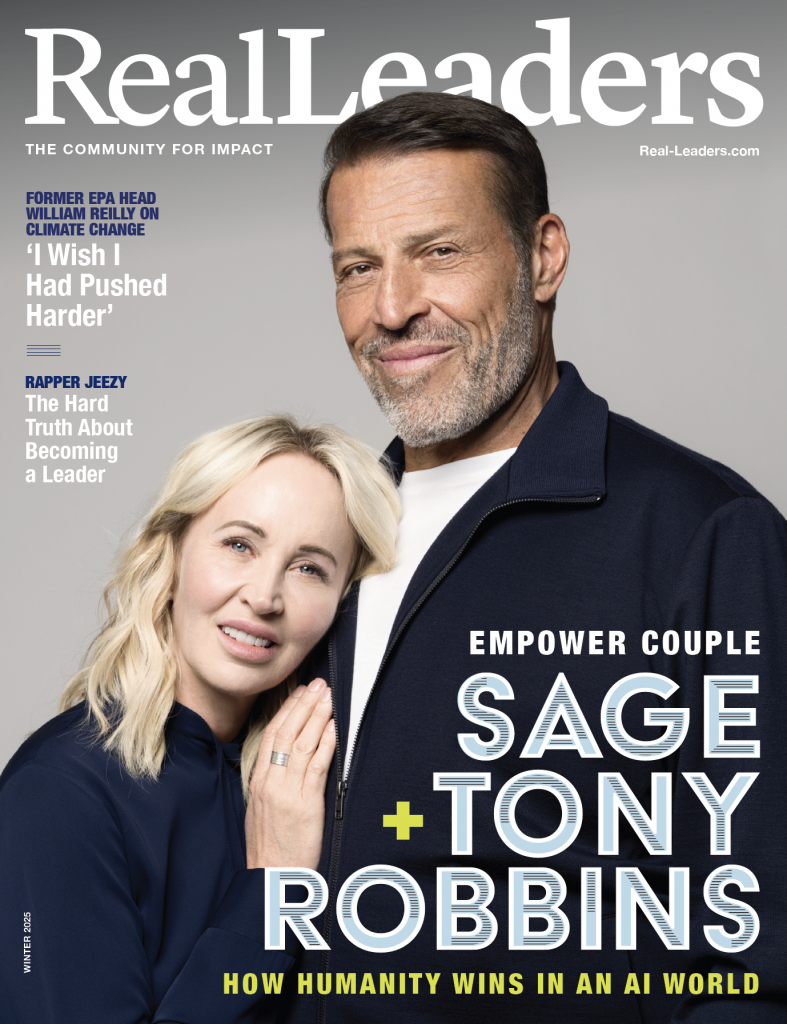
I closed my successful PR firm of a decade to start over in the name of impact.
The novelist Chimamanda Adichie was the first to warn me about the danger of a single story. In her 2010 TED Talk, she says, “We are more than a single story… If we hear only a single story about another person or country, we risk a critical misunderstanding of the whole.” I do my best to live by her mantra. We are more than a single story — more than our worst thing and more than our best. Our lives are composed of so many overlapping stories.
I can’t help but think back to one single story — one transformative experience — that changed everything about how I think, how I feel, and how I show up as a person, a business owner, a CEO, and a parent. Some might call it a Damascus moment — a biblical reference to Paul the Apostle, who had an experience that dramatically altered his life and beliefs. I call it my awakening.
It was Oct. 20, 2016, the night of the third presidential debate between candidates Hillary Clinton and Donald Trump. I had just put my 6- and 3-year-old girls to bed and sat down to take in this final debate before the November election. Chris Wallace was moderating, and the topic of the debate was the American economy. They were meant to be talking about the American people. They were meant to be talking about how they would support and center the American people through economic policies. Instead, they repeatedly focused on attacking each other and leaving the American people to fend for themselves.
This was more than egos at play. It was something far deeper, revealing a darker truth about the growing disconnect between our national leaders and the American people. Watching two of the most powerful people in the world attack each other on stage instead of addressing the questions of the people left me with a sensation I had never before experienced. I felt the future was about to get very, very bad — and I worried I had become part of the problem.
At the time, I was the founder and CEO of a PR firm that specialized in nonprofit communications. I had been running the agency successfully for more than a decade, guiding nonprofit leaders to tell their best stories in ways that could influence philanthropy, legislation, and communities to improve the human experience. I was doing my best to use communications as a force for good, and in many ways, I was — but that night sparked something deeper in me.
Had I been complicit in letting some of the storylines I heard that night take hold? Had I ignored the root causes of the clients’ stories we were telling? I had dedicated years of my life to supporting nonprofits whose mission was to break the cycle of poverty in America, but that cycle wasn’t breaking. Actually, poverty rates had barely budged. In 2004, the year I founded my company, 12.6% of the nation’s population lived below the poverty level. By that night in 2016, the percentage was 12.7%.
Over that 13-year period, I had helped direct millions of dollars to fighting poverty, but as I saw with fresh eyes that night, nothing was changing. It was time to stop lifting those in positions of power as the heroes and time to stop centering nonprofits as the single greatest solution-makers. If we were to actually move the needle on issues that affected Americans, we needed more people willing to speak the truth to power and more businesses to acknowledge their harms to society — and from my little corner of the world, I felt I could do something about it.
So that next week, I did something that many thought was ridiculous and short-sighted: I announced to my team that we were shutting down the firm, a financially successful business that at the time was thriving. We would take two months to wind down operations and start all over again. If I were to come to the work of storytelling from a place of truth, I would start from a different place — as a partner in the process, not a pawn in telling half-truths.
On Jan. 1, 2017, the doors to Mission Partners opened with a commitment to speak truth to power with love and a commitment to push just how far a business could go as a force for good. We were certified as a B Corp in 2018, and in holding firm to that commitment, we choose intentionally every day to challenge the standard norms of business. We distribute most of our profits back into the communities we serve. We challenge false urgency in our workplace and with our clients. We call out misinformation when we see it, and we check toxic power dynamics in our own company and in those we counsel — all in service of putting communities and people
back in the center of the stories we tell and in contributing to the type of society we believe America can be. In these times, our mission has never mattered more.
We all have moments that shape us, just as Oct. 16 shaped me. It’s what we do in those moments — and in every moment that follows — that ultimately defines us.

“I had helped direct millions of dollars to fighting poverty, but as I saw with fresh eyes that night, nothing was changing.”
My Advice on Starting Over
- Dare to ask, “What if?” Consider where you can challenge and change a norm that might be holding you back from achieving greater impact in your business.
- Use a wide lens. Consider your role as one within a movement, not of a moment. How can you use your business, your influence, and your actions to move people, organizations, and issues forward over time? Remember, a business doesn’t have to be big to effect big changes. Be clear, focused, and determined to use your resources wisely in service of long-term, lasting change.
- Follow through. Showing up in service to others and the natural world around you requires continuous commitment and care. To build a business that operates as a force for good, commit to your values, align operations around your values, and consistently use those values to inform your business decisions.
- Leave it better. In business, as in life, there will be wins and losses, triumphs and challenges, good days and bad ones. Every day can be an opportunity to do something positive.





